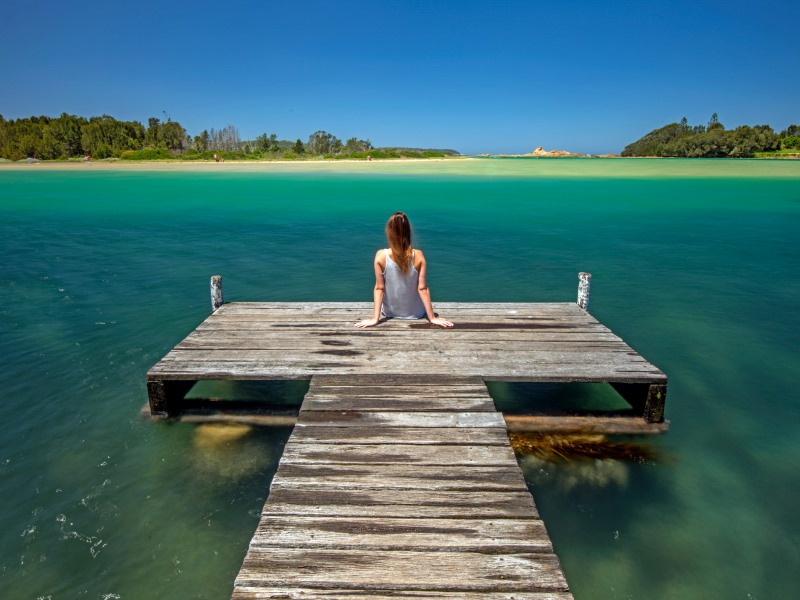Management of the marine estate involves a broad group of people from government, industry, Aboriginal communities and beyond.
Each of us individually also has a role to play. Every positive action, regardless of its size, contributes to the health of our cherished marine estate now and into the future.
Below is more detailed information on safe and sustainable ways to undertake common activities in the marine estate.
The guiding principles that cut across all activities are: Respect - Protect - Share
If you follow these principles, you’ll be practising safe and sustainable use.
Follow the links below for details on how to be safe and sustainable whilst pursuing these everyday activities in the marine estate.
- Accessible beaches NSW
- Anchoring and mooring
- Bird watching
- Boating
- Fishing (recreational)
- Four-wheel driving
- Sharing the shore
- Tourism
- Turtle encounters
- Wakeboarding and wake surfing
- Waste management on the marine estate
- Watching and approaching marine mammals
- Using watercraft
- Keeping weeds and pests away
Small changes around our homes, workplaces and schools will also benefit our marine environment. Click these links for more information.
These actions contribute to collective efforts by people across Australia to care for our valuable coastline and interconnected ecosystems.
Community programs
If you have the time and capacity, consider joining a community organisation or citizen science project. Take a look at the following great initiatives:
- Coastcare
- Landcare
- NSW TurtleWatch
- Ocean & Coastal Care Initiatives – Central Coast, Newcastle, Lake Macquarie, Port Stephens
- Redmap – spot, map and log unusual marine species
This list is not exhaustive! Your local council may be able to point you in the right direction to find active groups in your area.
Reporting
If you see something unusual, dangerous or illegal whilst enjoying the marine estate, please report it to the relevant authority.
NSW National Parks and Wildlife
- Report an injured or sick marine mammal, reptile or seabird, to a suitably trained and licensed wildlife rehabilitation group or National Parks and Wildlife Service.
- Find a licensed wildlife rehabilitation group
- National Parks and Wildlife Service: 13000PARKS (1300 072 757)
Transport for NSW (Maritime)
- Report a boating or marine incident.
- Phone 13 12 36
- Online form
NSW Environment Protection Authority (EPA)
- Report marine polluting incidents.
- Phone 131 555
- Email: info@epa.nsw.gov.au
NSW Fisheries
- Report illegal or suspect fishing activities or damage to fish habitats.
- Visit your nearest Fisheries Office
- Phone 1800 043 536
- Online form
